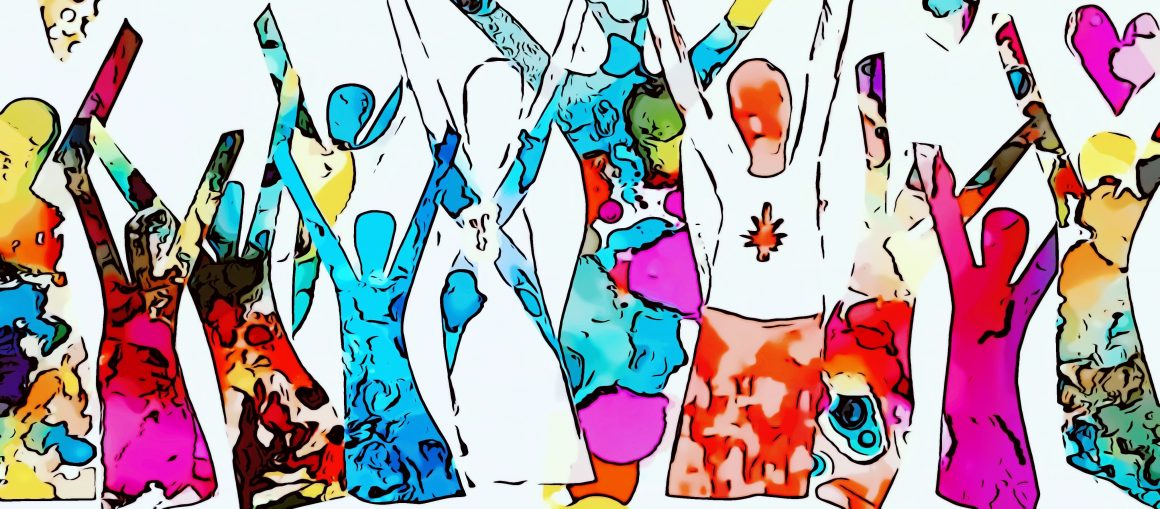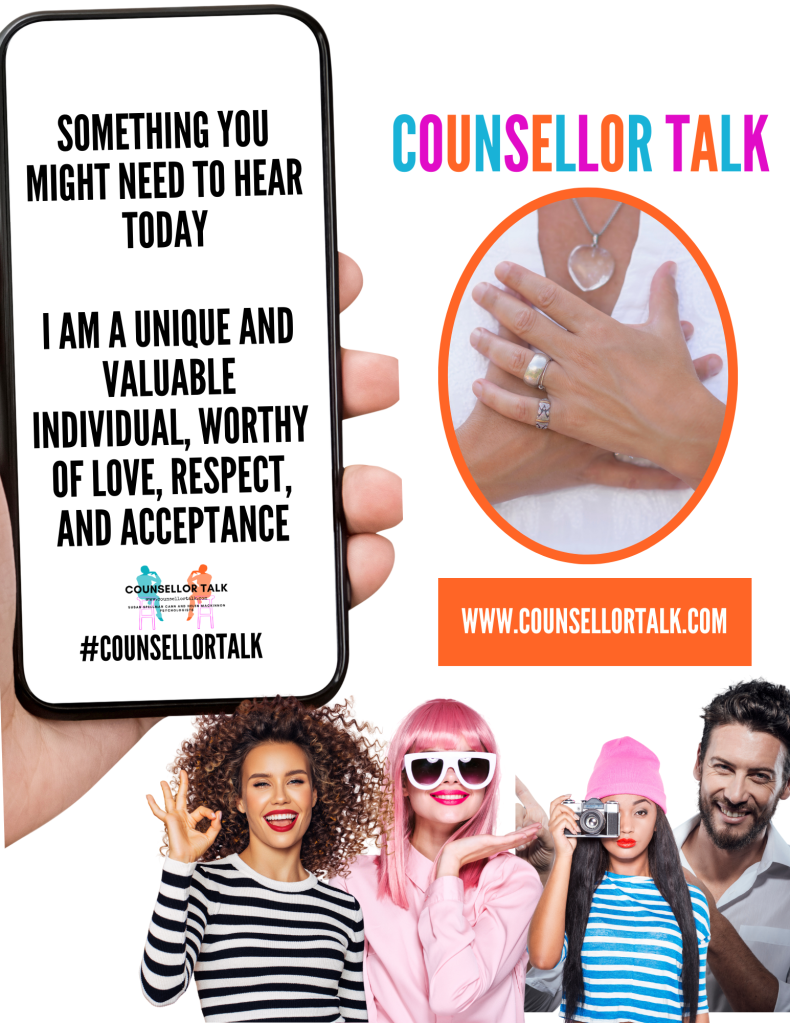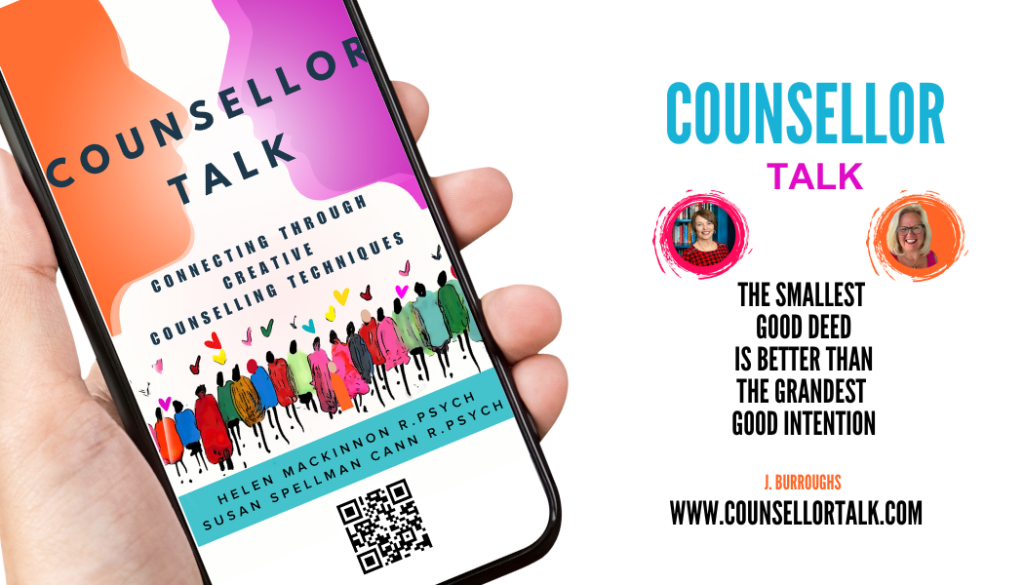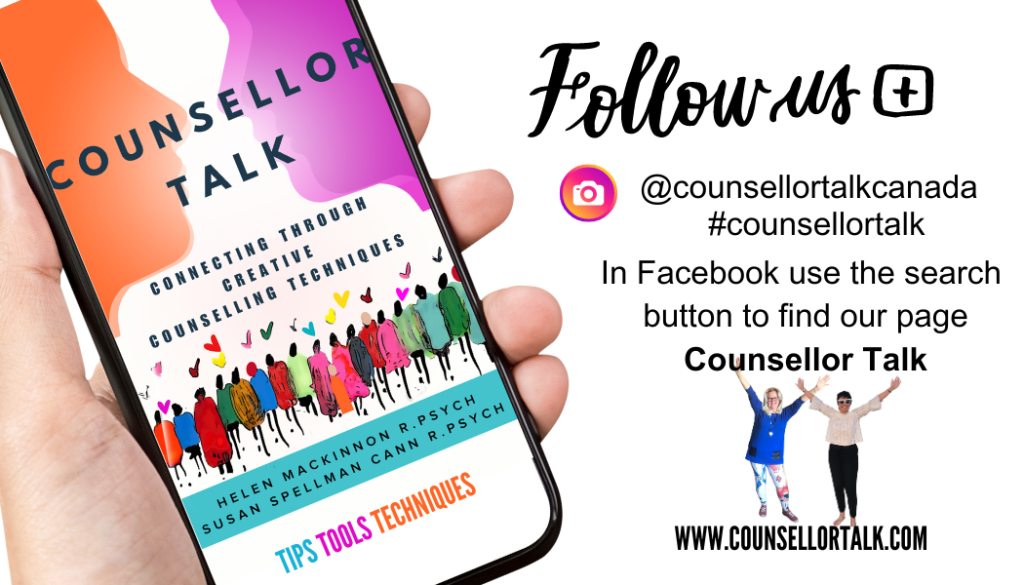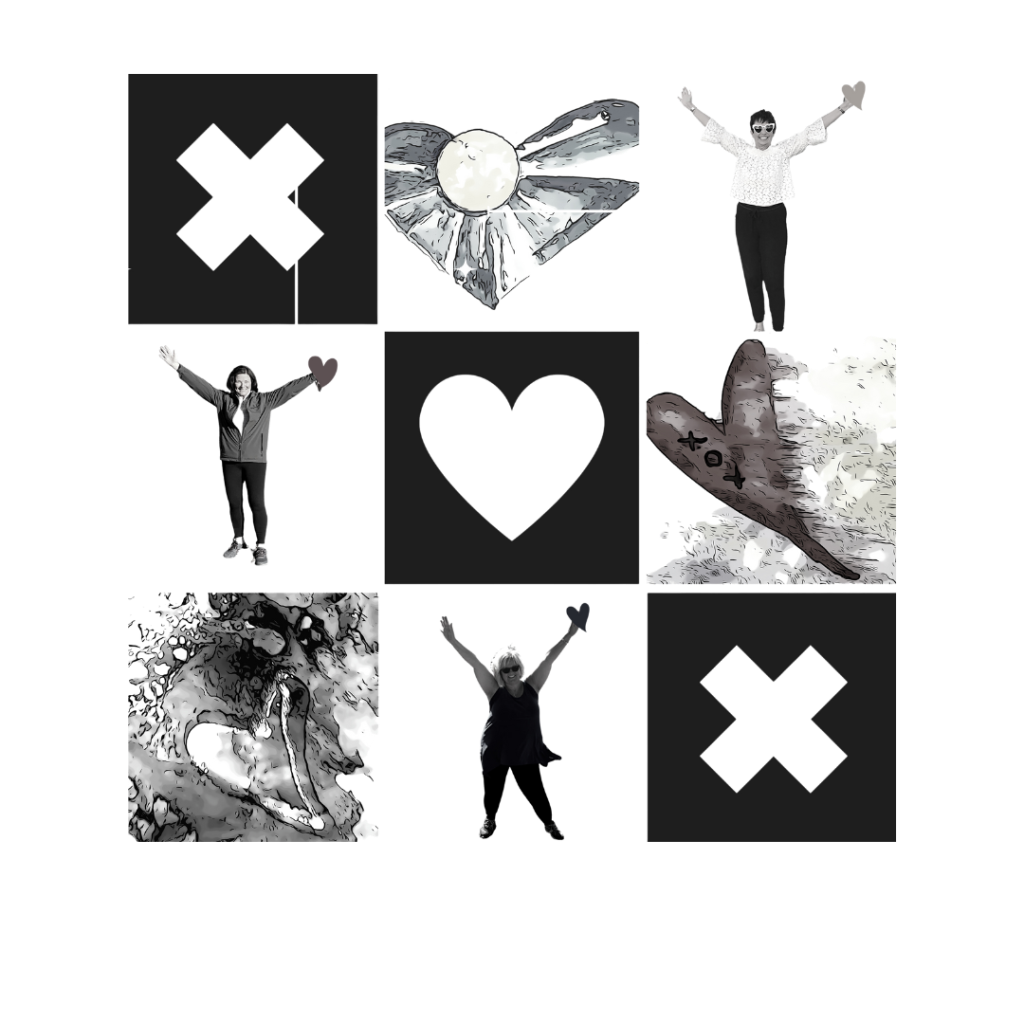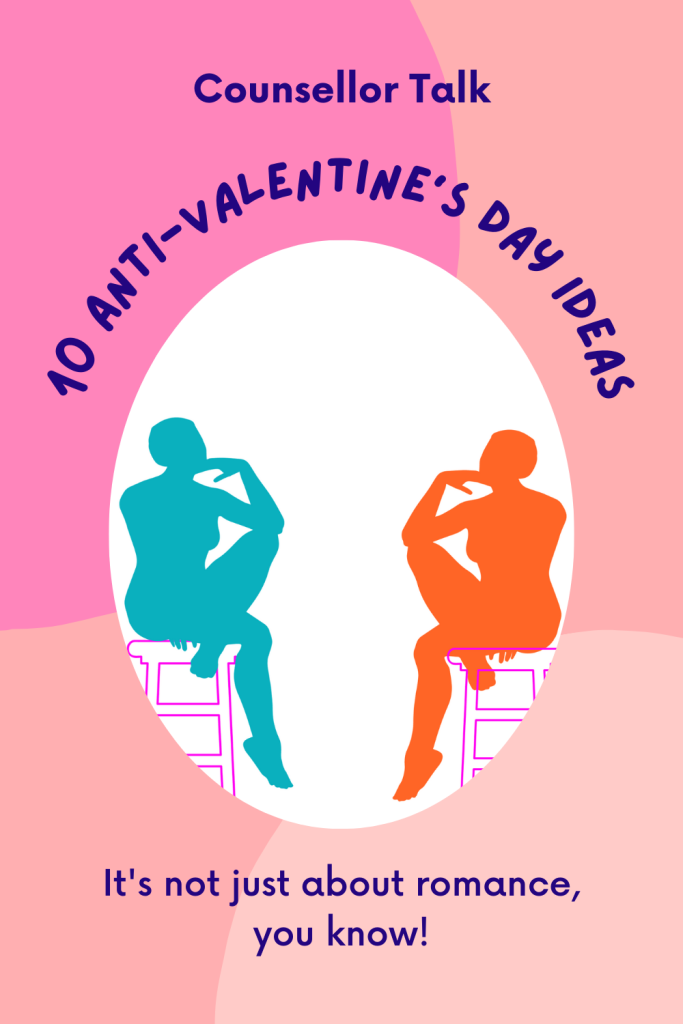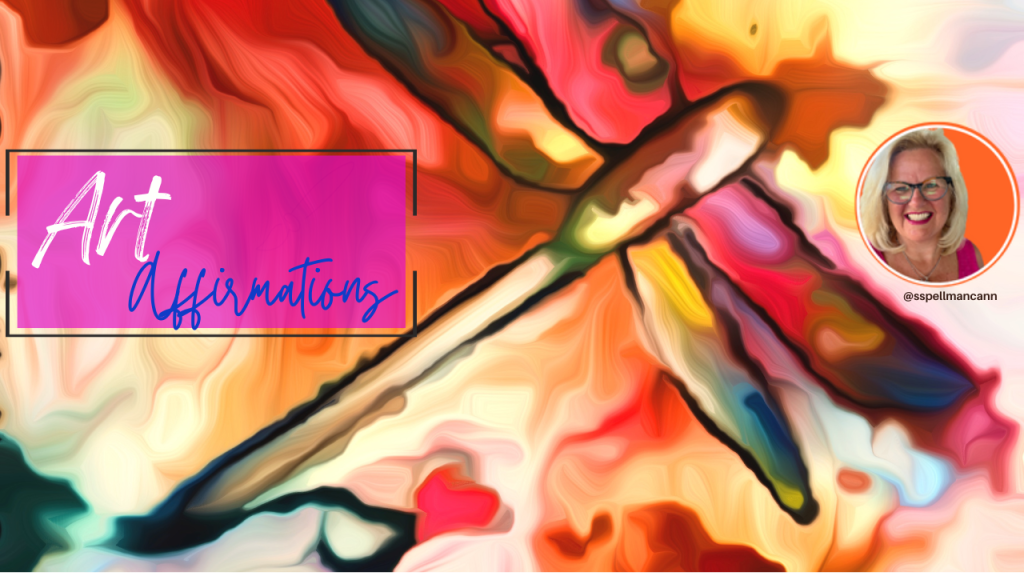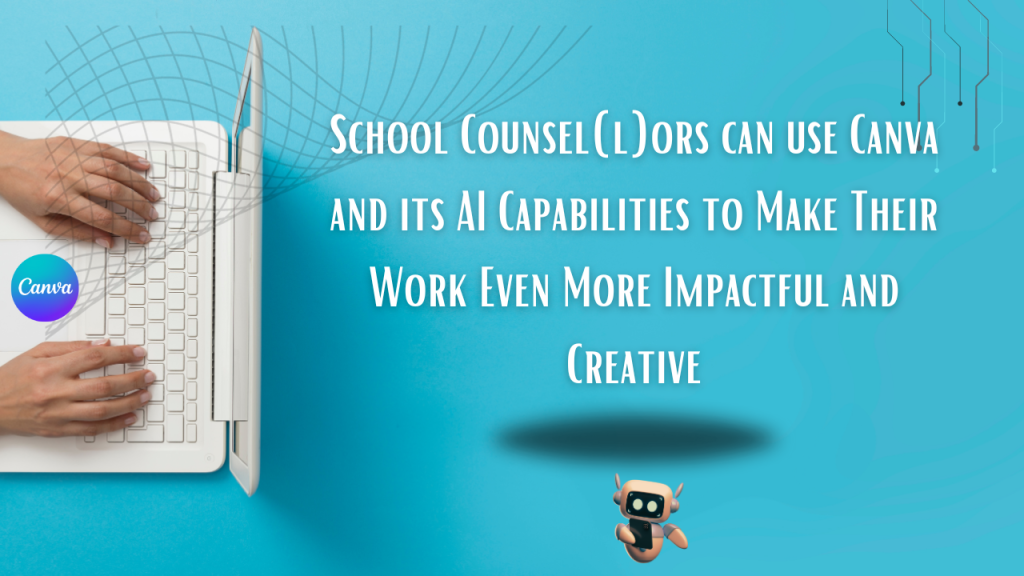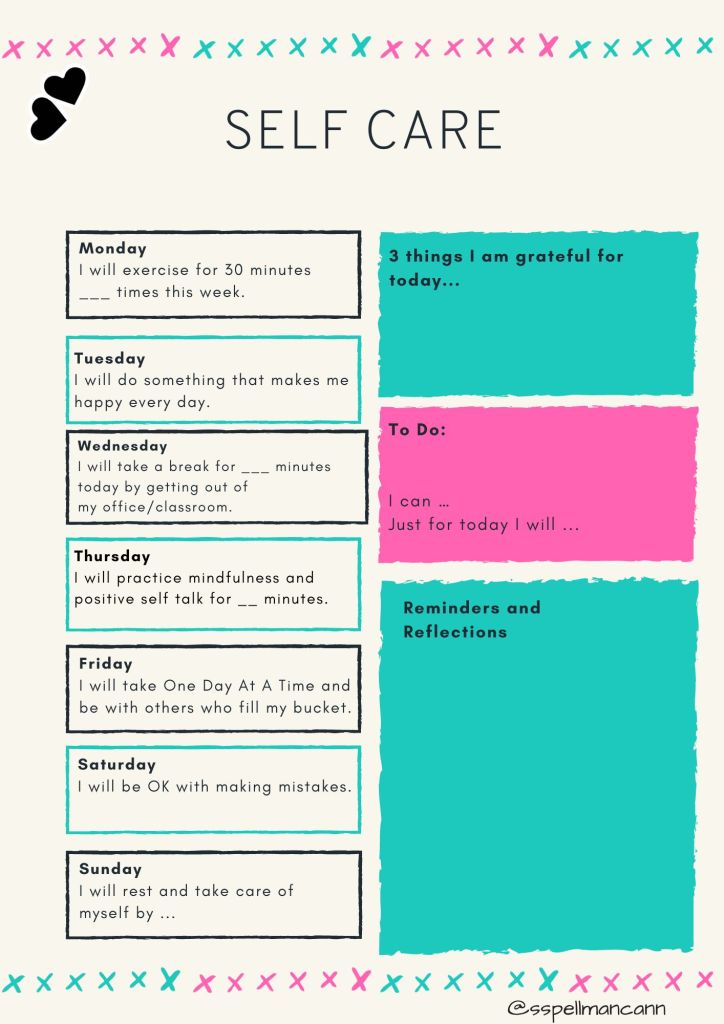
In life, we often encounter ups and downs that can challenge our mental fortitude. It is during these times that our mental strength comes into play. The ability to navigate through life’s challenges, bounce back from setbacks, and stay focused on our goals isn’t always easy.
It’s not about ignoring feelings or suppressing emotions, but about developing a helpful set of skills and attitudes that can help us manage our thoughts, regulate our emotions, and behave productively even in the face of adversity.
Four key pillars of mental strength that could be helpful to you are self-awareness, optimism, adaptability, and resilience.
Self-awareness involves understanding your strengths, weaknesses, and triggers. It means being aware of your thoughts, feelings, and behaviours, and how they might be affecting your life. We could all use a little self-awareness and reflection. Journaling is one way to become more self-aware and our book, Counsellor Talk offers you an opportunity to dig deep and explore your thoughts and feelings. Self-awareness is the first step in building mental strength because, without this awareness, it’s difficult to identify areas of improvement. When we understand our strengths, we can leverage them to our advantage. Staying focused on our strengths is so important. When we understand our weaknesses, we can work on improving them. When we understand our triggers, we can develop strategies to manage them.
Optimism, the second pillar involves maintaining a hopeful outlook even in challenging situations. Optimism doesn’t mean ignoring the reality of your situation, but rather choosing to focus on the most hopeful aspects. It’s about expecting the best possible outcome and viewing the glass as half full rather than half empty. I believe there are some genetic aspects to optimism, however it is a skill that can be learned. Research shows that optimistic individuals are more likely to persevere in the face of adversity, have better health outcomes, and live longer lives. By developing a positive mindset, we can enhance our overall well-being.
Adaptability, the third pillar of mental strength means being able to embrace change and adjust strategies when needed. Life is definitely unpredictable and the ability to adapt to new situations or changes is crucial in building mental strength. Adaptable individuals can adjust their thinking and behaviour to meet the demands of different situations. They are open to new ideas, willing to take risks, and able to learn from their experiences. By being adaptable, we can navigate through life’s challenges with more ease and confidence. It is a skill we can learn to make life more manageable.
Resilience, the last pillar is where we learn from setbacks and view them as growth opportunities. Resilience is the ability to bounce back from adversity, trauma, or failure. It’s about being able to pick yourself up, dust yourself off, and keep going.
As parents and counsellors we not only need to model resiliency skills we also need to let our young people experience failure and learn from it. Resilient individuals are not immune to difficulties, but they can healthily cope with them. They view setbacks as temporary hurdles rather than permanent roadblocks. By fostering resilience, we can enhance our mental strength and improve our capacity to recover from life’s challenges.
Mental strength is not something we’re born with, but something we can cultivate over time. By building self-awareness, maintaining an optimistic outlook, embracing adaptability, and fostering resilience, we can navigate life’s challenges with more confidence. Remember, it’s not about being strong all the time, but about knowing how to tap into your strengths when you need the most.
For more information on mental strength and other related topics, you can also follow us on Facebook by searching for ‘counsellor talk’, and on Instagram at @counsellortalkcanada. What pillar of mental strength would you add?
